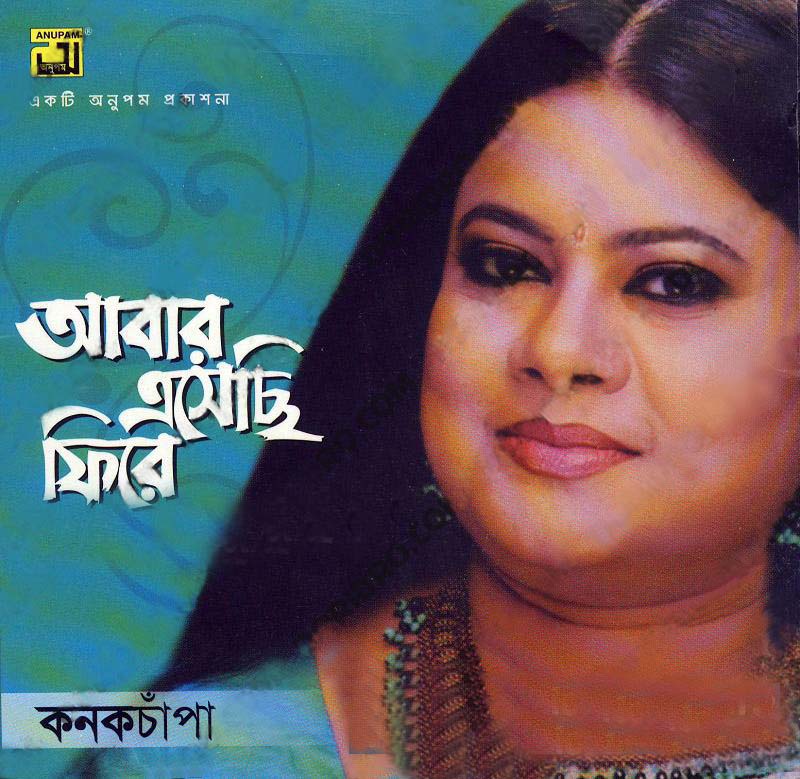

After the war ended, he was enlisted in the radio in Nazrul, Tagore, modern, folk and patriotic songs categories. He used to inspire the freedom fighters by singing in the refugee camps. During the Bangladesh Liberation War, Kishore took refuge in India with his family. During the 1969 Mass uprising in East Pakistan, he and other contemporary artists used to visit different places of Rajshahi city and sing protest songs. Kishore has contributed to the national movement in his early life. And then the famous lyricist Mohammad Rafiquzzaman used to watch the children's section as the producer of Rajshahi Betar. In 1962, he was listed on Rajshahi Betar as a child artist. He was a student of Ustad Abdul Aziz Bachchu's 'Surbani Music School' in Rajshahi. 6.1 List of some of his popular Bengali songsĪt the age of six Andrew Kishore started acquiring formal singing training from late Ustad Abdul Aziz Bachchu, the then chief music director of Rajshahi Betar.
Tumi shudhu amar bangla gaan movie#

Furthermore, in 2012, he won Ifad Film Club Award in the category of Best Playback Singer (Male). Moreover, his golden career was embellished by Meril Prothom Alo Award for three consecutive years (1998-2000) under the ‘Best Singer Male’ category. Kishore bagged the prestigious Bachsas Awards five times under the category of ‘Best Male Playback Singer for films Princes Tina Khan (1984), Shami Stri (1987), Premer Taj Mahal (2001), Mone Prane Acho Tumi (2008), and Golapi Ekhon Bilate (2010).

After receiving critical recognition for the song ' Ek Chor Jay Chole', penned by Alam Khan in 'Protigga' (1979), Kishore never had to look back on his great musical career.įor his tremendous contribution to the film industry of the country, Kishore won Bangladesh National Film Award for Best Male Playback Singer a record eight times for his performance in the films Boro Bhalo Lok Chhilo (1982), Surrender (1987), Khotipuron (1989), Padma Meghna Jamuna (1991), Kabul (1996), Aaj Gaye Holud (2000), Saajghor (2007) and Ki Jadu Korila (2008)., alongside five prestigious Bachsas Awards and three Meril-Prothom Alo Awards, to name a few. ' Ochinpurer Rajkumari Nei Je Tar Keu', composed by Saley Alam Khan, was his debut playback song. Kishore's great adventure in Dhallywood began with the film Mail Train (1977). Remembered for his iconic tracks, including Jiboner Golpo, Achhe Baki Olpo, Amar Buker Moddhe Khane, Daak Diyachhen Doyal Amare, 1-layre Manush Rongin Fanush, Amar Shara Deho Kheyo Go Mati, Amar Babar Mukhe Prothom Jedin Shunechilam Gaan, Bhengeche Pinjor Meleche Dana, Bhalobese Gelam Shudhu, and Shobai To Bhalobasha Chae. He sang for more than 100 Bangladeshi films. He is considered as the "Playback King" of Bangladesh music industry who sang more than 15 thousands songs. Andrew Kishore Kumar Baroi (widely known as Andrew Kishore, 4 November 1955 – 6 July 2020) was a Bangladeshi playback singer.


 0 kommentar(er)
0 kommentar(er)
